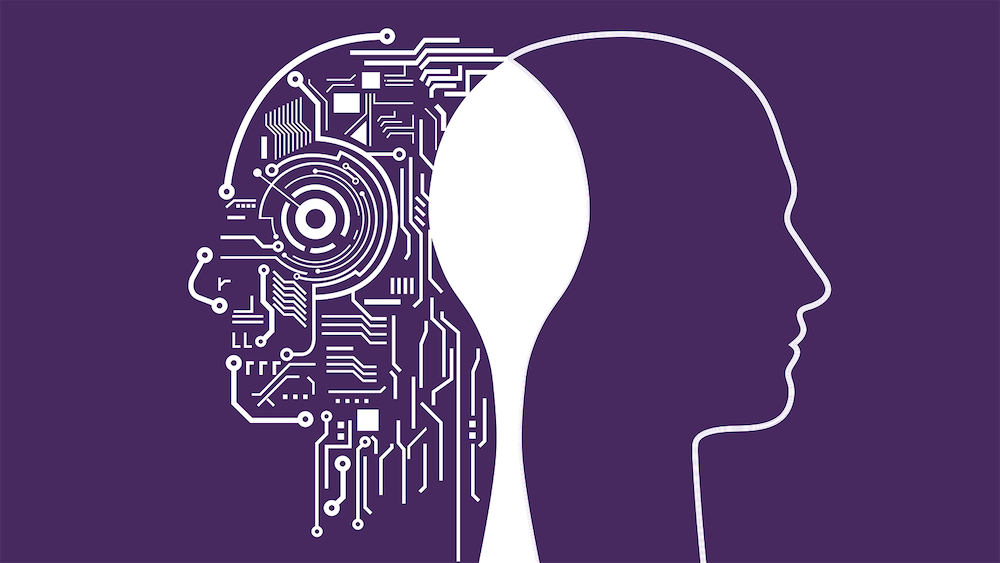Artificial Humanity: building Trust in an era of Artificial Intelligence
[Note: This article was originally published on LinkedIn on March 17th, 2016.]

Every major technology player is set on it. Google, Apple, Facebook, IBM, Microsoft, and many others have already invested heavily in Artificial Intelligence. Improved search results, personalized newsfeed, and personal assistants are all results of this first step toward more cognitive computing.
But as we start to rely on these intelligent systems for more and more decisions, a basic aspect of human behavior begins to interpose further adoption: trust.
Trust is a fabric of modern society. Social interactions are strongly anchored on trust. From small communities to worldwide dealings, the trust factor plays a strong role in the success or failure of such social interactions. Even the strong recent appeal and rise of so-called trustless systems are based on shifting the trust factor towards a more trustworthy party. But it's still present.
Most commercial flights today are equipped with autoland capabilities that can safely land a plane under low visibility conditions. Yet most passengers wouldn't want to know when it's being used. They still trust a pilot is making decisions. The same discussion is happening with self-driving cars. The technology already yields better safety results than humans but it hasn't jumped the trust chasm yet. That moment when we put strong trust on the decision, the human, or the technology. And no matter the numbers, this is not a rational decision, especially for humans.
As social beings, the trust factor has been closely related to the level of social interactions and a measure of knowledge about the parts. The more you interact with and know about someone, given a positive experience, the more you trust them. The same steps are required to build trust of artificial intelligence systems. Either through adding an actual human component throughout the experience to build the trust factor, or by means of an artificial humanity: a way of interacting with each one of us in order to build trust.
By sharing how decisions are being made and even expressing some doubt or allowing for decisions made by the user, artificial intelligent systems will build empathy and earn trust.
It could be as simple as explaining a movie recommendation "Because you watched these shows" or a product recommendation "People like you also loved this product" to more complex analysis and decisions shared with us: "You've stayed most times at this Hotel, would you like to try this different one this time because you are staying over the weekend?".
This set of touchpoints will represent the A.I. Journey, focused on building up the trust factor on each and every interaction with a customer.